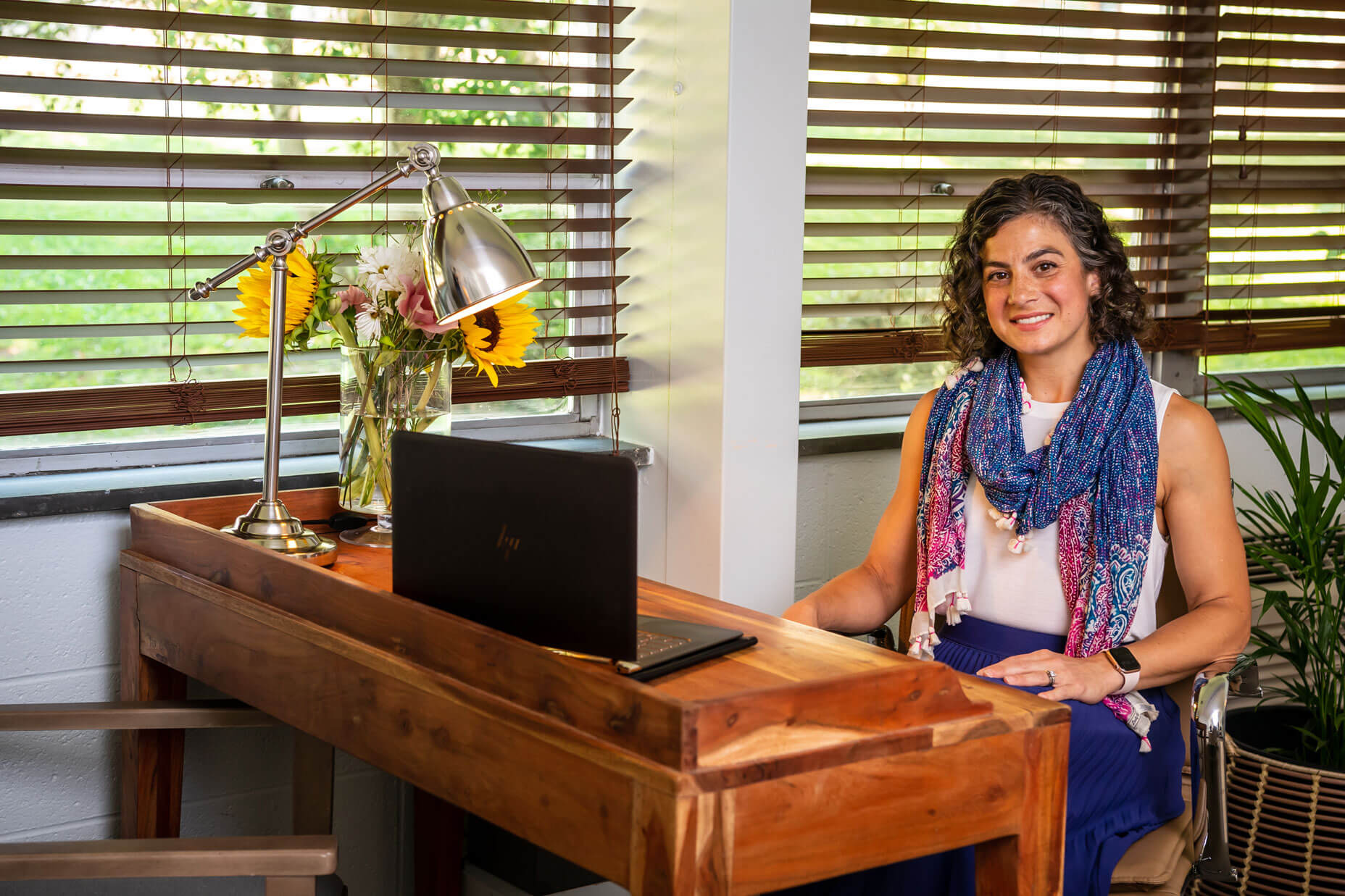Community

It Takes a Village
By Amanda W. Jamison Psy.D.
You may know the African proverb, “It takes a village to raise a child.” This adage refers to the significance of community support in a developing child’s life. It reflects the belief that children benefit from having multiple relationships with caring others, that each person has something different and valuable to offer, and that a child’s development is enriched through a sense of belonging to something greater than oneself. I would argue that the value of “village” does not end in childhood. Given the demands in adulthood, wouldn’t our chances of thriving grow if we, too, felt connected to supportive others, if we did not feel we must “go it alone”? Below is a sample from a vast body of literature that reflects the importance of community and social connectedness among adults.
- “People feel more secure when they know that they have others around them who share their goals and care about their progress” (Markman, 2012).
- Connection to community and other social relationships are positively correlated with motivation, felt relational warmth (Markman, 2012), and self-esteem (Greenway et al., 2015).
- Group belonging strengthens our psychological resources, helping us navigate through adversity (Greenaway et al., 2015).
- A sense of belonging in a group can help alleviate symptoms of depression (Cruwys et al., 2014); whereas, social isolation and loneliness are strongly correlated with depression and alcoholism (Cacioppo et al. 2006; Marano, 2003).
- People who feel isolated and lonely report increased stress levels (Marano, 2003).
- Social disconnection and loneliness are correlated with a higher release of stress hormones and elevated blood pressure (Hawkley, Thisted, Masi, & Cacioppo, 2010; Marano, 2003).
- Loneliness is correlated with less restful and restorative sleep (Cacioppo, 2002; Marano, 2003).
Community can be found or made nearly anywhere. It is simply a group of people who join together, sharing something in common or embracing their differences. So, what are your interests? What do you feel passionate about? How might you wish to make a difference in society? And, where do you need support in your own life?
You might consider getting to know the people in your neighborhood, or joining your local neighborhood association. If you are a parent, consider getting more involved at your child’s school, which puts you in contact with others who are in a similar stage of life. If you are spiritual or religious, your church or spiritual community may offer smaller discussion groups, in addition to their larger services. Helping your local soup kitchen, animal shelter, or political party allows you to connect with others while giving back. And for those experiencing emotional or addiction related concerns, have you considered the fellowship of Alcoholics Anonymous, Al-Anon, or therapy and support groups?
Now that you have some ideas of where to look for community, I wish you luck on your journey and hope you feel enriched through greater connection to your own “village”.
References:
Cacioppo, J. T., Hawkley, L. C., Berntson, G. G., Ernst, J. M., Gibbs, A. C., Stickgold, R., & Hobson, J. A. (2002). Do lonely days invade the nights? Potential social modulation of sleep efficiency. Psychological Science, 13, 384–387. doi:10.1111/j.0956-7976.2002.00469.x
Cacioppo, J. T., Hughes, M. E., Waite, L. J., Hawkley, L. C., & Thisted, R. A. (2006). Loneliness as a specific risk factor for depressive symptoms: Cross sectional and longitudinal analyses. Psychology and Aging, 21, 140–151. doi:10.1037/0882-7974.21.1.140
Cruwys, T., Haslam, S. A., Dingle, G. A., Jetten, J, Hornsey, M. J., Chong, E. M., Oei, T. (2014). Feeling connected again: Interventions that increase social identification reduce depression symptoms in community and clinical settings. Journal of Affective Disorders, 159, 139-156.
Greenaway, K., Haslam, S., Cruwys, T., Branscombe, N., Ysseldyk, R., & Heldreth, C. (2015).
From “We” to “Me”: Group Identification Enhances Perceived Personal Control With Consequences for Health and Well-Being. Journal of Personality and Social Psychology DOI:10.1037/pspi0000019
Hawkley, L. C., Thisted, R. A., Masi, C. M., & Cacioppo, J. T. (2010). Loneliness predicts increased blood pressure: 5-year cross-lagged analyses in middle-aged and older adults. Psychology and Aging, 25, 132– 141. doi:10.1037/a0017805
Marano, H. E. (2003, July 1). The Dangers of Loneliness [Article]. Retrieved from https://www.psychologytoday.com/articles/200307/the-dangers-loneliness
Markman, A. (2012, March 8). It is motivating to belong to a group [Article]. Retrieved from https://www.psychologytoday.com/blog/ulterior-motives/201203/it-is-motivating-belong-group

